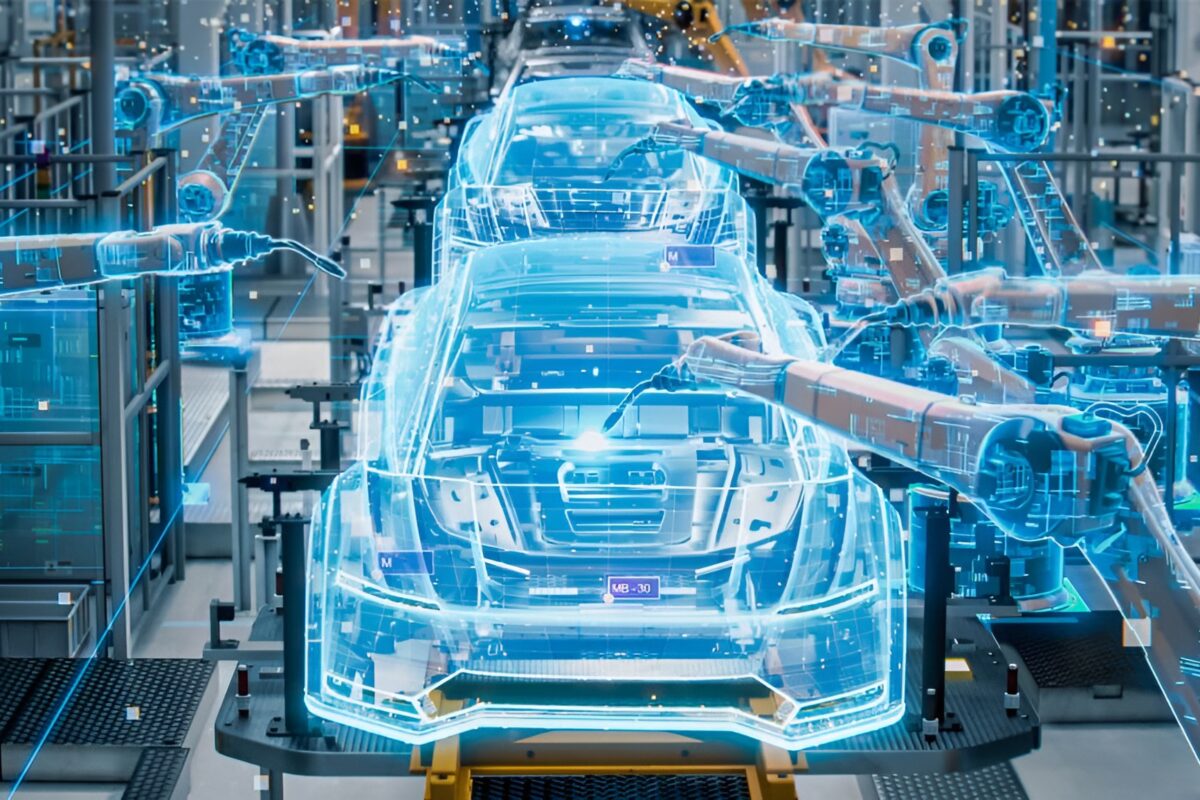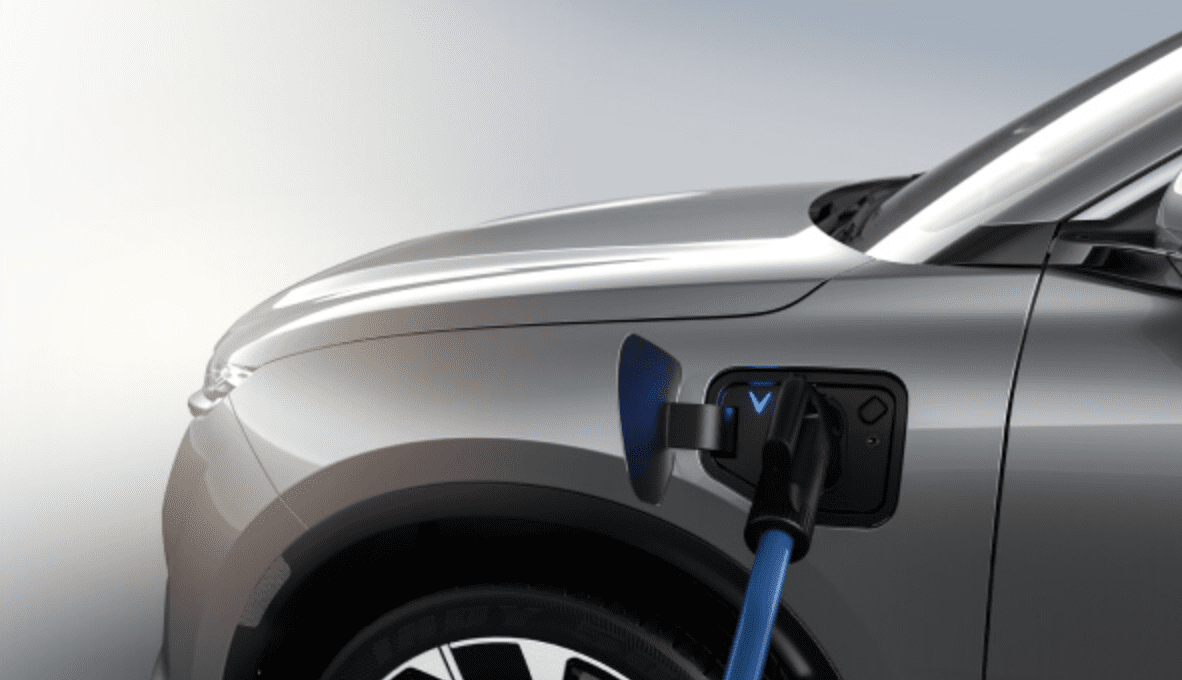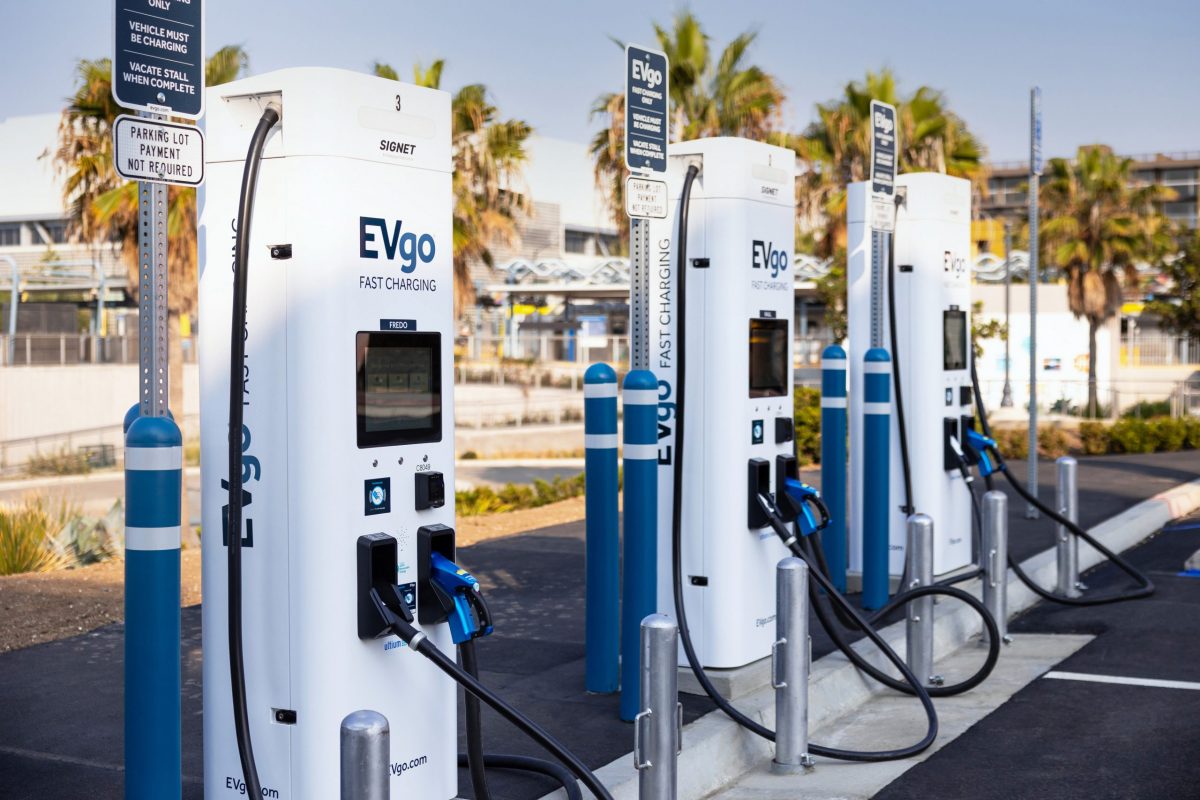Hail a ride in an Uber and you’ll more than likely end up catching a lift in one of the ubiquitous Toyota Prius hybrids that mark up the company’s fleet on the streets of London. They have been the natural choice of Uber drivers for their low maintenance and fuel costs and, although unlikely to have been chosen on this basis, they also contribute towards lower overall emissions.
Uber has taken the eco-conscious angle and run with it. In Europe, the US and Canada, the company has committed to making all its rides zero emission by 2030, including an incentive fund to help drivers make the switch. Through the launch of Uber Green, the company is also giving its customers the option to ride in fully electric vehicles, expected to cut emissions still further.
I question whether Uber can follow-through on its aspirations and whether it will meet consumer expectations of the now society. They are launching a relatively light-touch attempt that’s only available in Zone 1 (central London). Due to COVID-19 demand is currently lower but as we start to creep back to London will Uber even be able to fulfil this at the peak and will customers wait an extra 10 or 15 minutes for a ‘green ride’?
Initiatives like Uber Green may be the tiniest tip of the iceberg and alone are unlikely to accelerate the move to mass-market EV ownership
There is the suggestion that, by making everyday Uber rides fully electric, passengers will feel encouraged to make the switch with their own cars too. But there are still huge obstacles laying in the path of mass-market EV adoption. In an article from 2019, the headline confidently stated that “Electric vehicle sales are about to take off”, and cited results from a study that suggested 76% of respondents were interested in owning one. However, the article noted then that consumers felt mass-market cars were still five years off. Already well into 2021 and the prospect seems as far off as ever.
Now, as then, the main challenges are supply, actual versus potential demand and infrastructure. Vehicles remain stubbornly expensive and not yet capable of meeting most users’ demands in terms of variety, versatility and particularly range. Incentives such as the ones available to Uber drivers aren’t filtering down to the general public.
I question whether Uber can follow-through on its aspirations and whether it will meet consumer expectations of the now society
Infrastructure is inevitably playing its part—or rather not playing its part—in the sluggish uptake. Coupled with range anxiety is the paucity of charging infrastructure both at home and on the road. Most urban houses and flats still lack the facilities to charge cars, meaning most are reliant on public access points such as shopping centres, workplace car parks and public parking spaces. Even councils with a thoroughly Green agenda at their heart like Brighton can only manage 200 EV charging points for the whole city.
Initiatives like Uber Green may be the tiniest tip of the iceberg and alone are unlikely to accelerate the move to mass-market EV ownership. That said, it is just one example of the tide turning towards EV. From delivery services flagging to consumers when their parcel is being delivered by EV to big car brands committing to shift all production to all-electric in the next ten years, we’re seeing this push forward coming from many industries.
But what we should be looking for now is more investment in infrastructure, more education for consumers and more support from governments—local and national—to get the drive to EV motoring once and for all.
The opinions expressed here are those of the author and do not necessarily reflect the positions of Automotive World Ltd.
Rebecca Crook is Chief Growth Officer at digital experience agency Somo Global
The Automotive World Comment column is open to automotive industry decision makers and influencers. If you would like to contribute a Comment article, please contact editorial@automotiveworld.com



